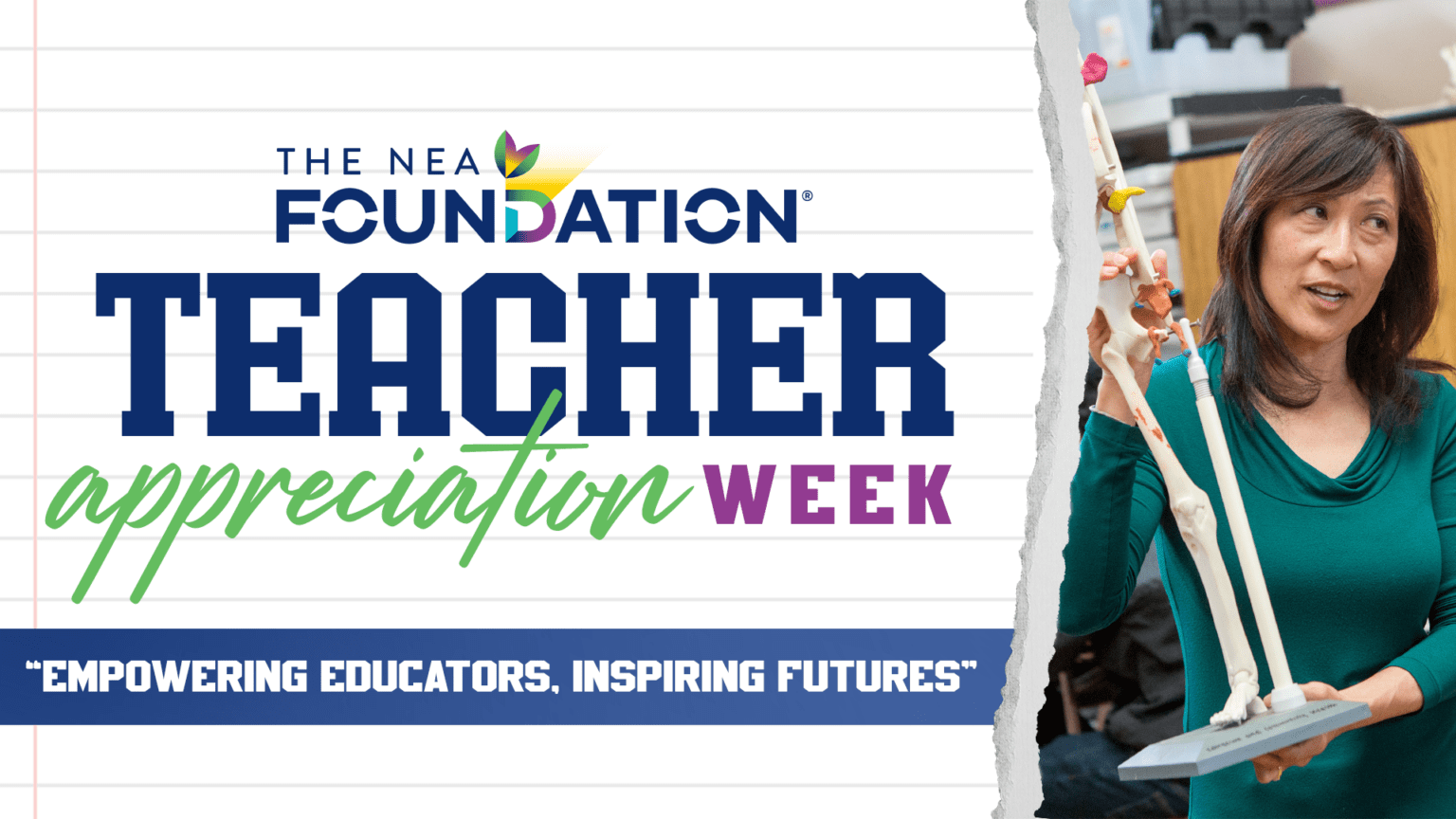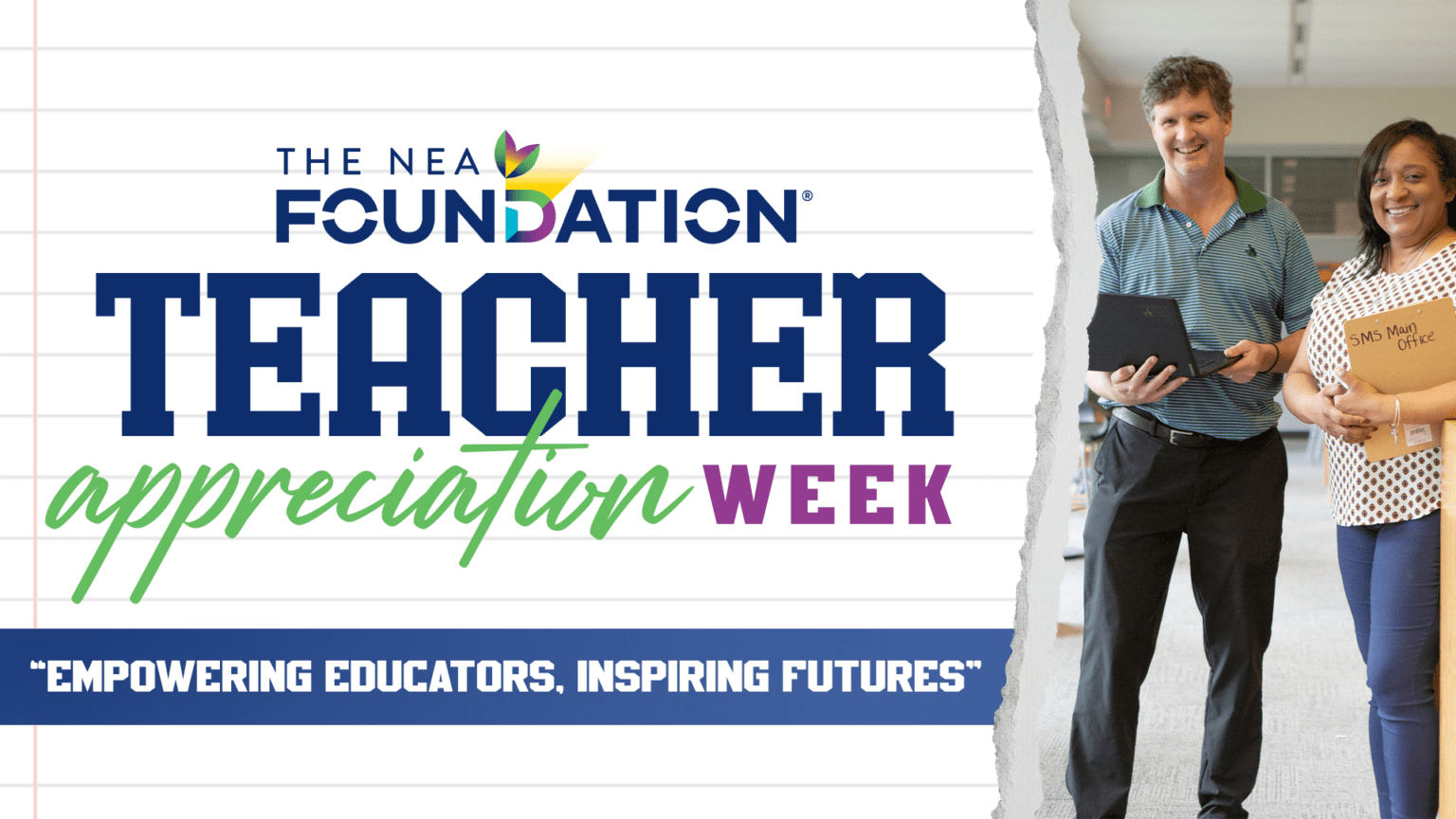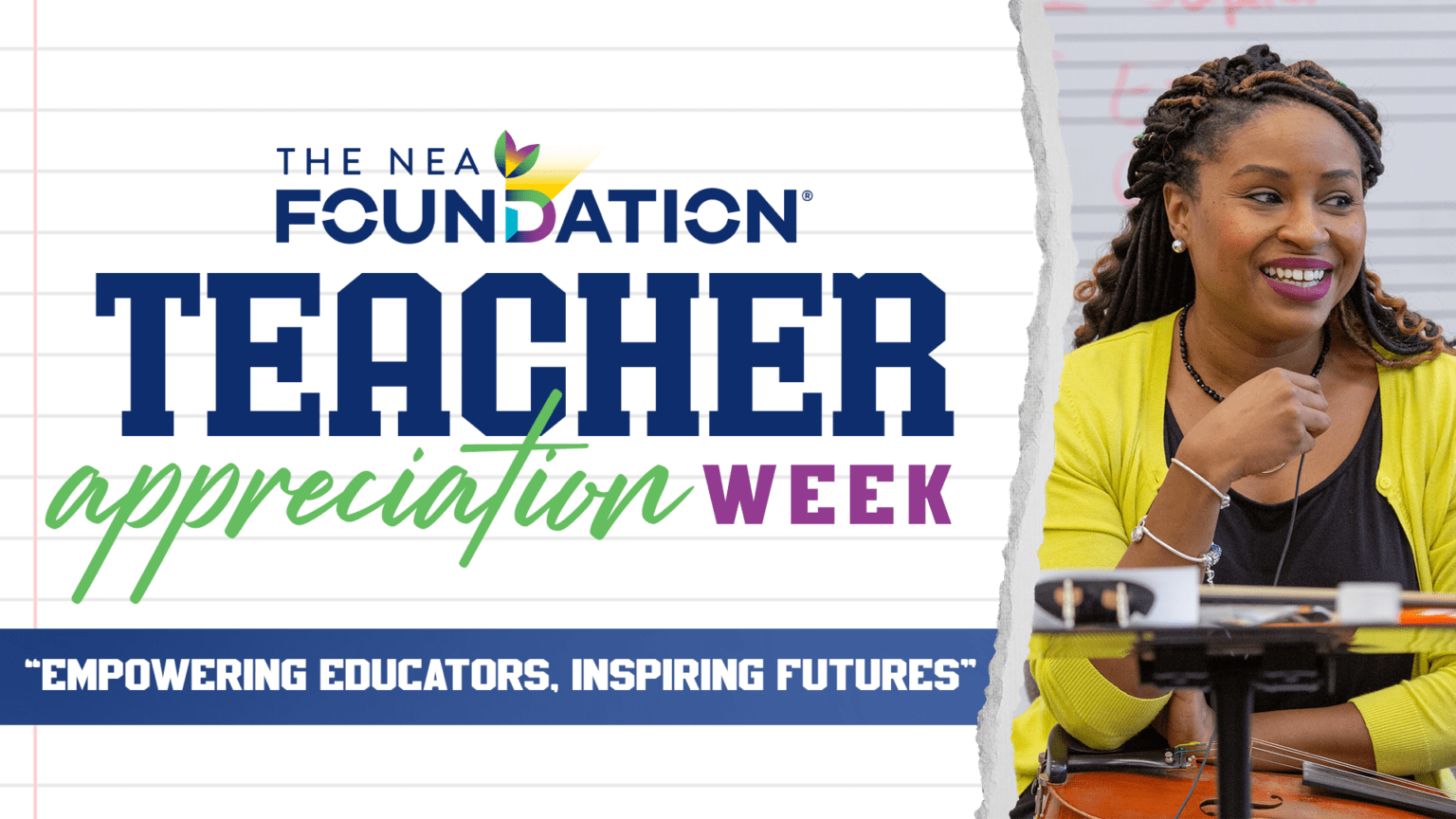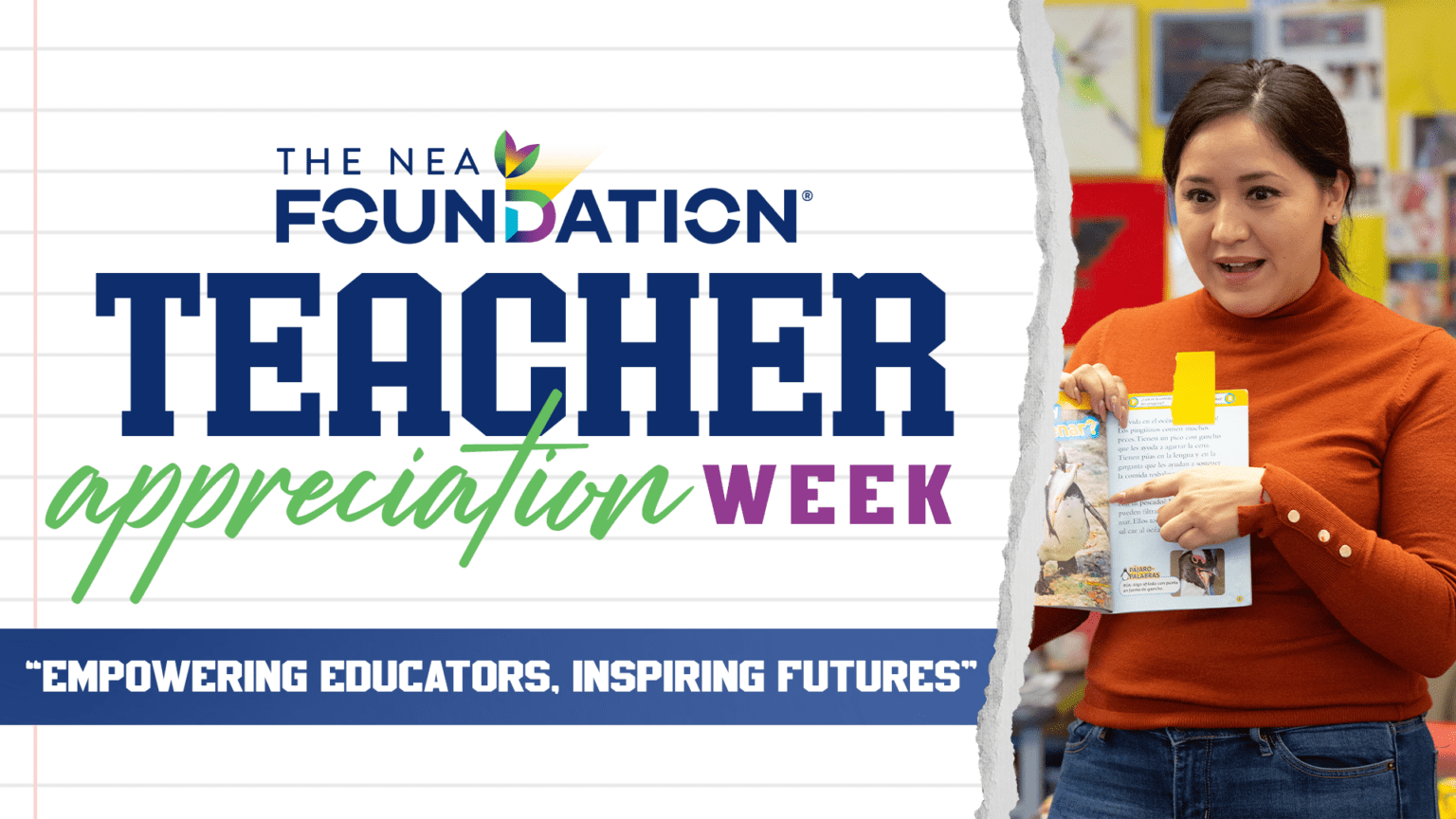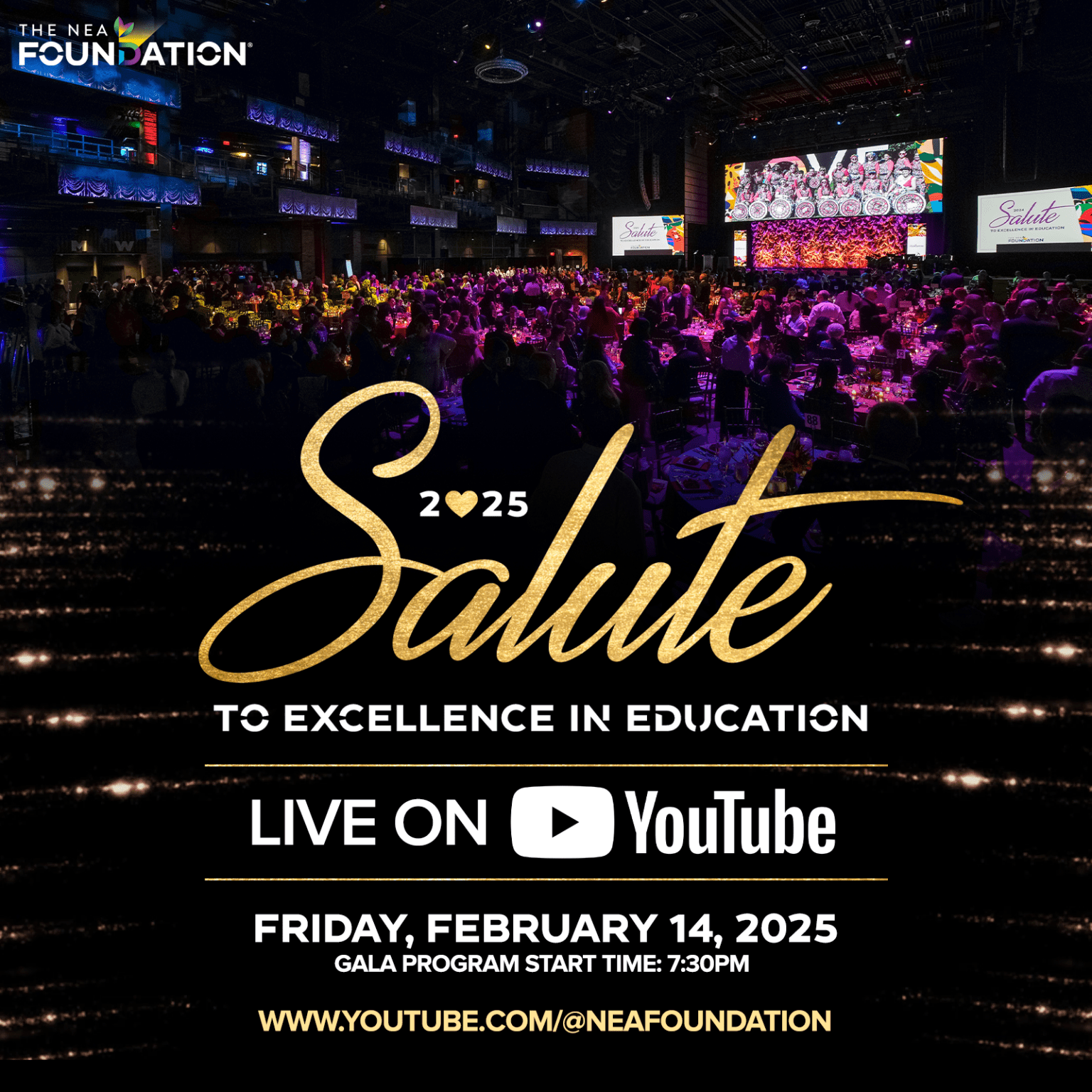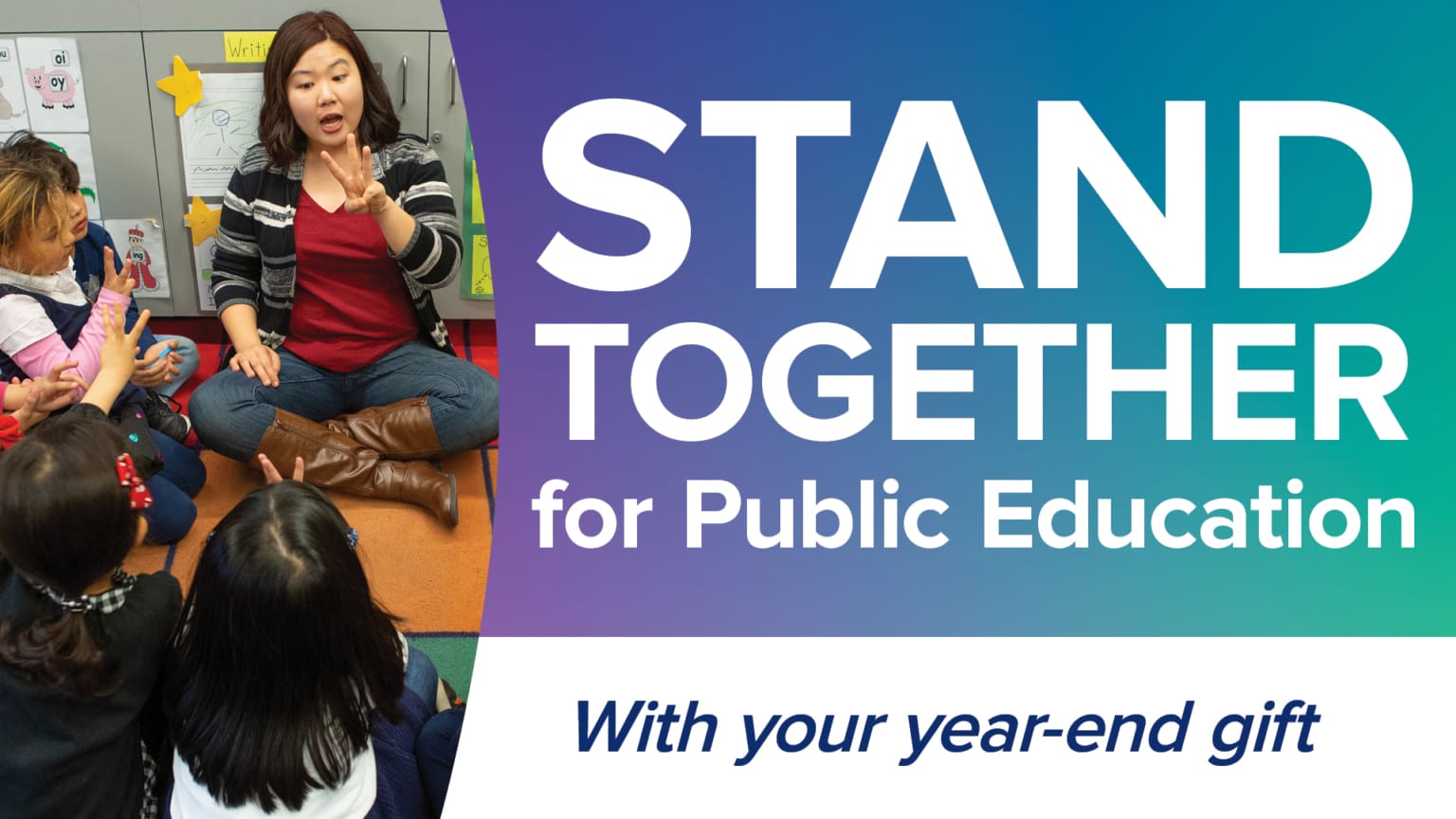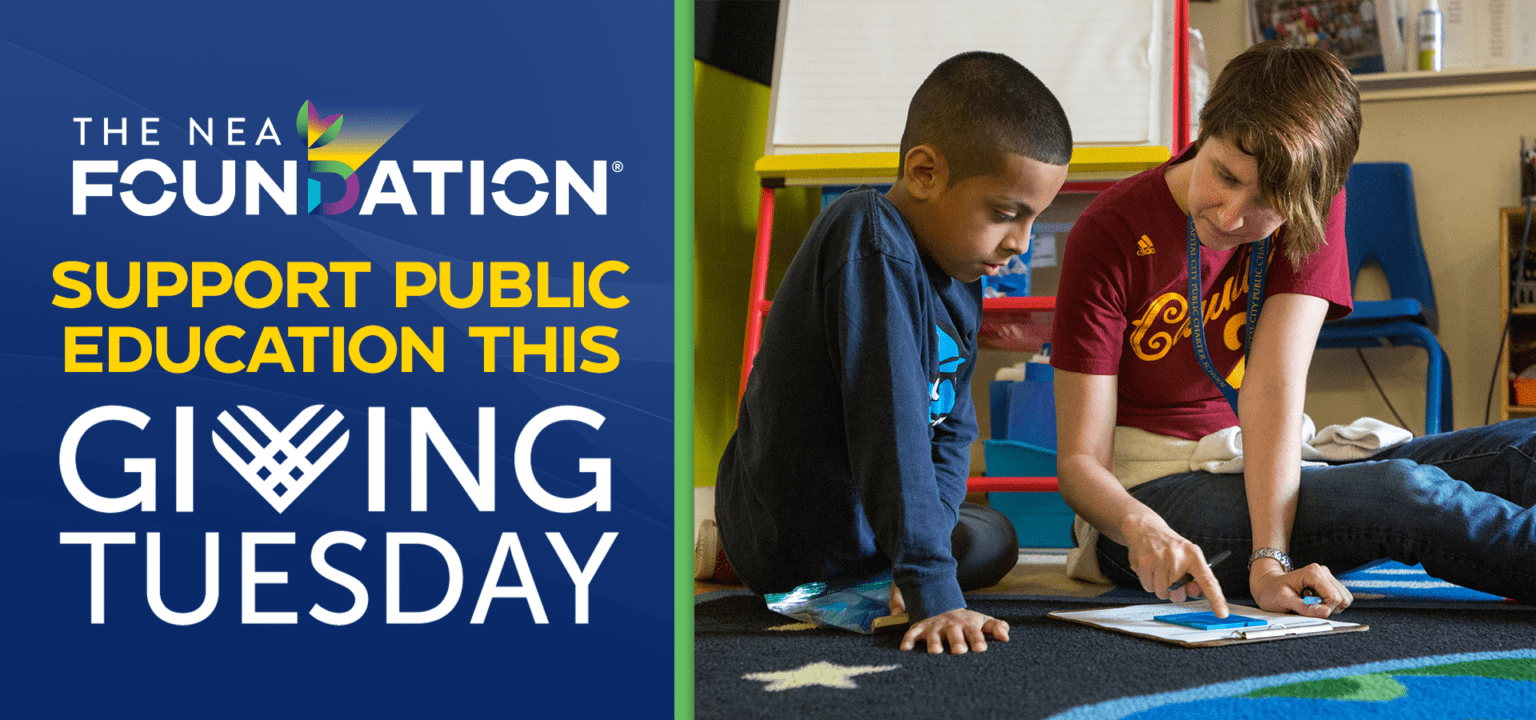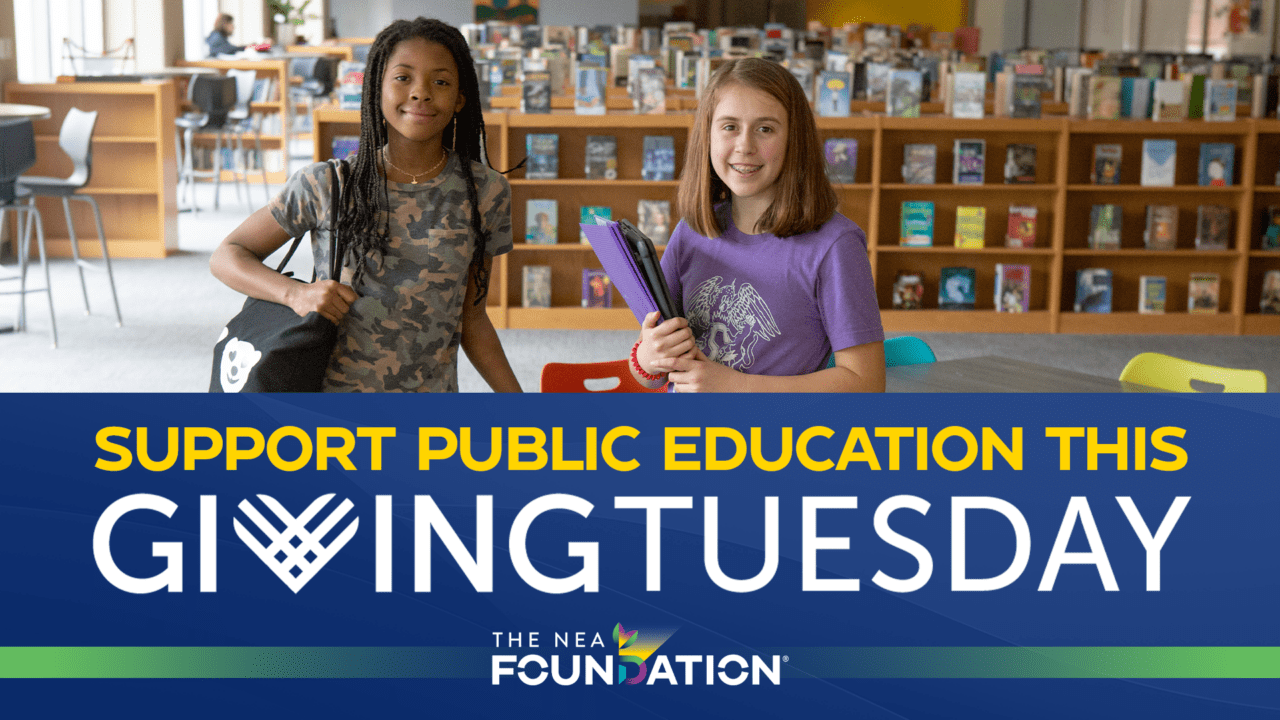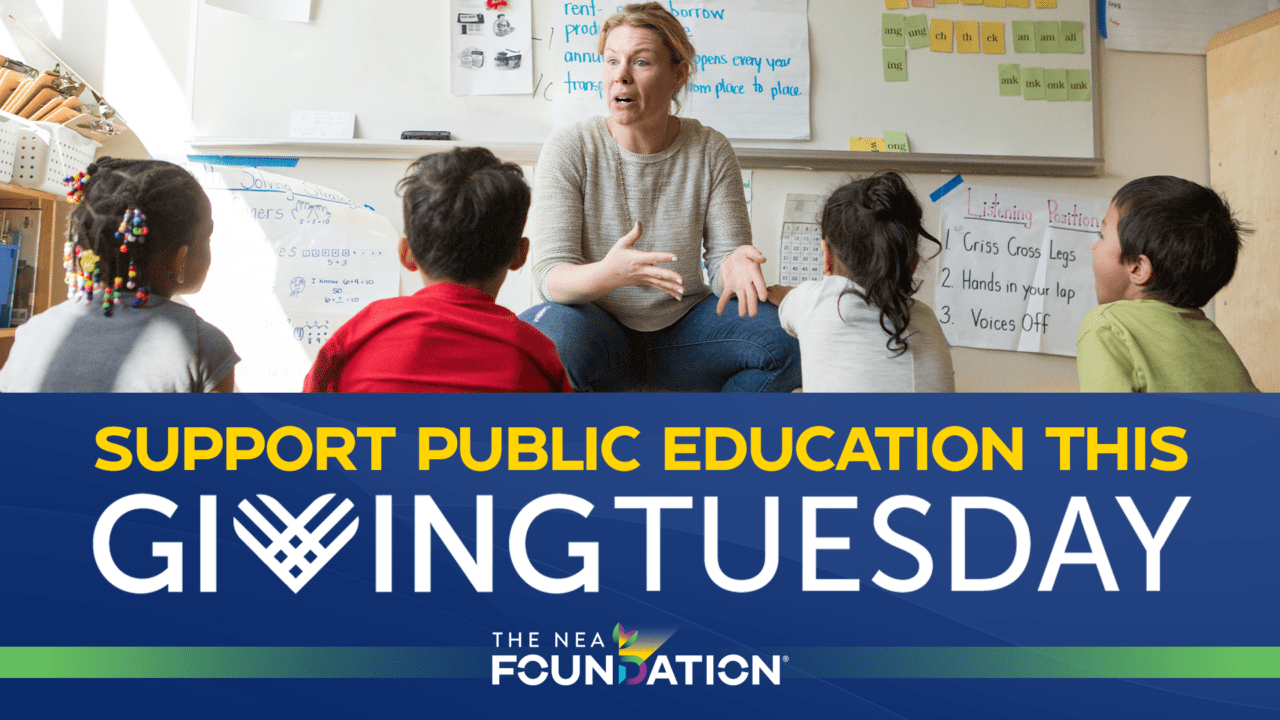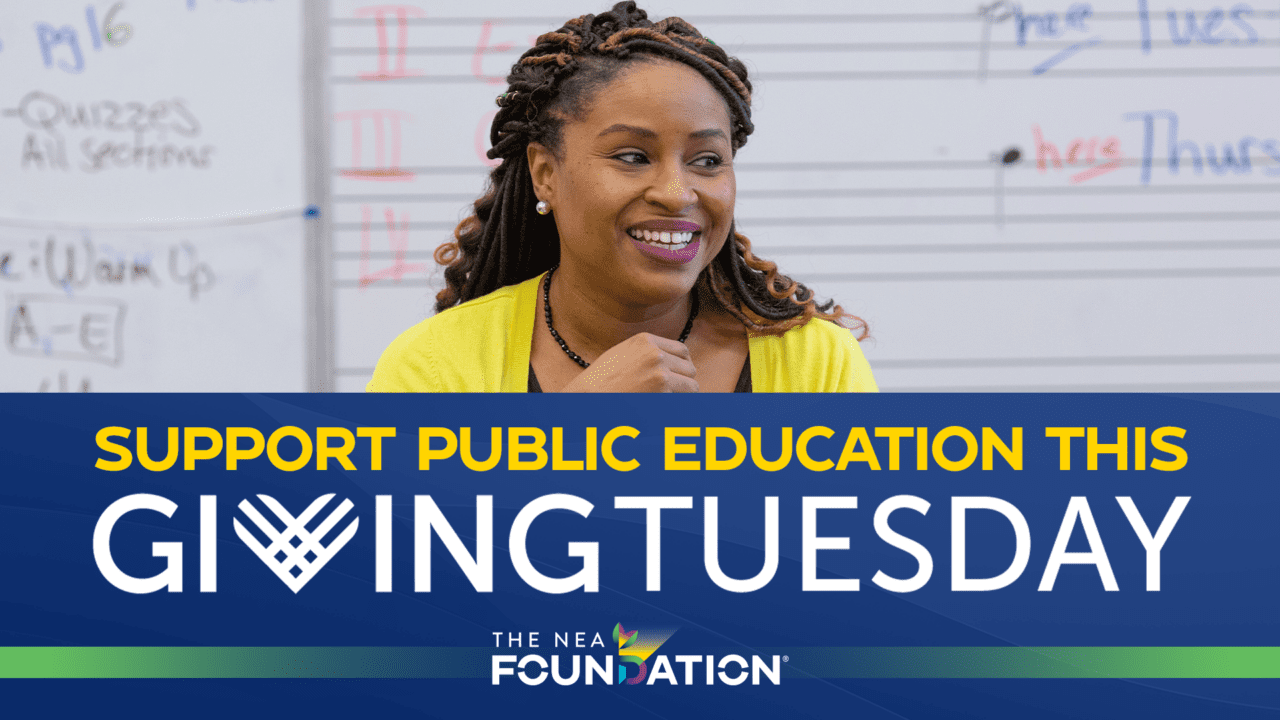Bring the World to Your Classroom
Overview
Through the NEA Foundation Global Learning Fellowship, public school educators develop the knowledge and skills to integrate global competency into their daily classroom instruction, advocate for global competency in their schools and districts, and help students to thrive in our increasingly interconnected world. Fellows transform their classrooms to give students a global perspective.
Over the course of a year, NEA Foundation Global Learning Fellows immerse themselves in:
-
Ongoing workshops and webinars with global competency and education
-
Fellows’ independent study followed by group reflection and discussion
-
Group mentoring
-
A two-day in-person conference
-
Completion of a capstone project incorporating one or more of the U.N. Sustainable Development Goals into classroom instructions
-
A 10-day international field study in South Africa to examine their education system, culture, and historical context
Described by many fellows as “transformative,” the international field study experience guides fellows through thoughtful investigation of the historical and cultural contexts of the country visited while they also learn about its education system.
Fellows meet with policymakers, community and nonprofit leaders, educators, students, and school administrators. The NEA Foundation carefully selects field study destinations where fellows can forge fruitful relationships while deeply immersing themselves in a new environment. In 2026, fellows will be visiting South Africa. Previous field study destinations include Peru, China, Brazil, and Costa Rica.
Fellows emerge from the Global Learning Fellowship with a deeper appreciation for cultural differences, stronger perspective taking skills, and firsthand experience of another culture’s approach to education. Their experiences throughout the fellowship reinforce the importance of diversity, equity, and inclusion in meeting the needs of students and communities.
Fellows also develop an informed understanding of what global competency looks like in the classroom, why it’s critical to incorporate it into their teaching practices, and how they can be advocates for global competency at their schools and districts. They establish meaningful relationships with fellows across the country, many maintained throughout their careers and lifetimes.
Since its inception in 2011, more than 500 public school educators have participated in the Global Learning Fellowship. Fellows have come from all 50 states, teaching every subject, at every grade level, and at all stages of their teaching careers. For many past fellows, participating in the field study was their first time traveling abroad. The Global Learning Fellowship has expanded the horizons of fellows, their students, and their communities.

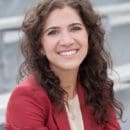

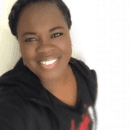
Updates From The Fellowship
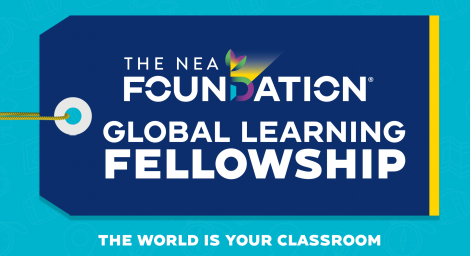

- For the Media
- by The NEA Foundation


